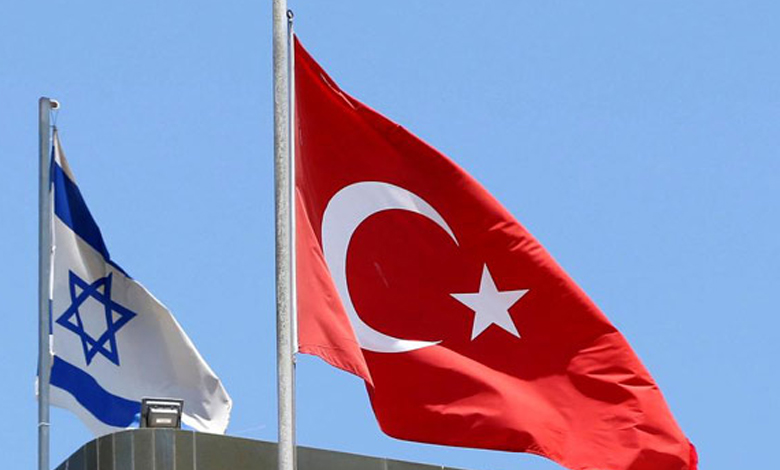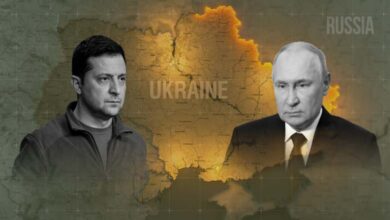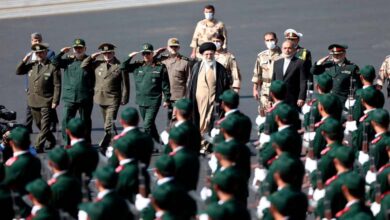Israel-Turkey gas pipeline talks as European alternative to Russian energy supplies

Russia’s requirement to pay for Russian oil and gas to Europe in rubles rather than dollars or euros has reinforced Europe’s fear of energy supply shortages, and Israeli-Turkish talks have taken place “behind the scenes” to establish a gas pipeline as a European alternative to Russian energy supplies.
Reuters quoted officials in Turkey and Israel as saying that the move may require a lot of effort to reach an agreement, according to the Daily Sabah newspaper, as both sides seek to thaw relations after a decade of tensions.
According to the plan first devised 5 years ago, gas will flow through an undersea pipeline from Israel to Turkey, and then to southern European countries seeking alternative suppliers other than Russia.
Turkish President Recep Tayyip Erdogan said last week: Gas cooperation is important for improving bilateral relations, and Turkey is keen to revive the pipeline project that was suspended years ago.
“Relations between Turkey and Israel have been strained in recent years over the Mavi Marmara incident in 2010, when Israeli forces killed (10) Turkish citizens aboard an aid ship attempting to breach the blockade of Gaza”. Earlier this month, Israeli President Yitzhak Herzog visited Ankara at the invitation of his Turkish counterpart, who described the visit as “historic”, considering it “a turning point in relations between Turkey and Israel”. Erdogan stressed at the time that “strengthening relations with the State of Israel is of great value to our country”.
Obstacles
Gas and oil industry officials indicated that production restrictions and geopolitical geography could affect the Turkish-Israeli plan to transfer Israeli gas to Europe. Reuters quoted Israeli Energy Minister Karin Elharar as saying last Sunday: We have to find that they are economically feasible, which is not an obvious thing.
European leaders are seeking to reduce Russia’s energy dependence after the Russian invasion of Ukraine. They announced plans in early March to get rid of Russian oil and gas by the end of this year.












